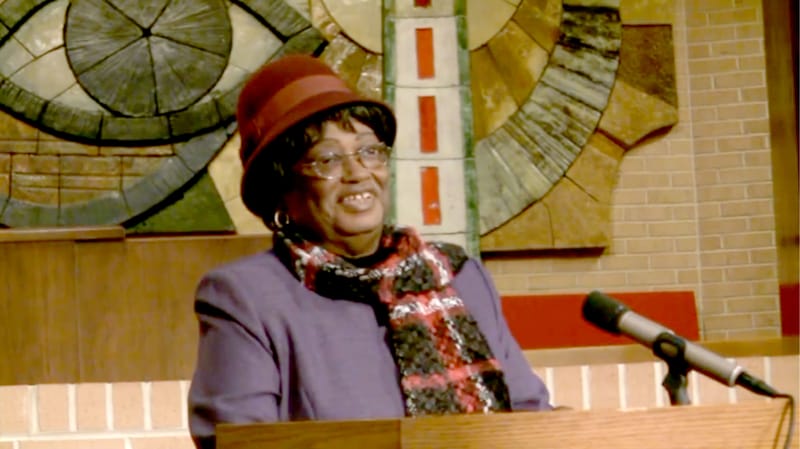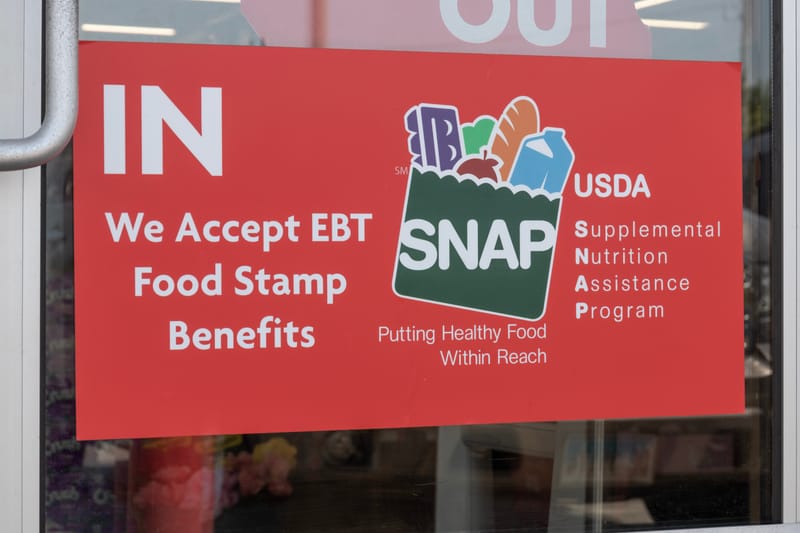Speaker Mike Johnson Faces Backlash as Louisiana Voters Protest Medicaid, Medicare, Social Security, and SNAP Cuts
Major Louisiana health systems—including Ochsner Health and LSU Health—warn that Medicaid cuts could result in hospital closures, staff shortages, and limited access to care, particularly in rural and underserved communities.

BATON ROUGE, La. — House Speaker Mike Johnson (R-La.) is facing mounting political pressure at home and in Washington as Louisiana health leaders, community advocates, and voters condemn the proposed “One Big Beautiful Bill” (BBB) for threatening deep cuts to Medicaid, Medicare, Social Security, and now SNAP—the Supplemental Nutrition Assistance Program.
The sweeping legislation, passed by the U.S. House in May by a narrow margin, is being framed by Republicans as a path to fiscal discipline. But analysts, medical professionals, and policy groups argue the bill would destabilize safety net programs that millions in Louisiana depend on—and could have far-reaching electoral consequences for Johnson and his allies.
Health and Hunger Systems Sound the Alarm
Major Louisiana health systems—including Ochsner Health and LSU Health—warn that Medicaid cuts could result in hospital closures, staff shortages, and limited access to care, particularly in rural and underserved communities. According to the Louisiana Department of Health, more than 1.9 million residents rely on Medicaid, and any rollback could immediately impact low-income families, seniors in nursing homes, and individuals with disabilities.
Alongside healthcare warnings, the state’s food banks are bracing for fallout from proposed reductions to SNAP. The BBB includes what experts call the largest cut to food assistance in U.S. history, slashing $295 billion over 10 years. Louisiana food banks say they cannot absorb the increased demand if federal support disappears.
“People will be choosing between medicine and food,” said Alisha Monroe, director of the Food Bank of Central Louisiana. “We’re already stretched thin. A cut like this would be catastrophic.”
Combined Cuts Raise Economic and Moral Concerns
In addition to slashing health and nutrition benefits, the bill proposes raising the retirement age and introducing stricter income tests for Social Security recipients. Medicare eligibility restructuring could also result in higher out-of-pocket costs for older adults.
A joint analysis by the Center on Budget and Policy Priorities and the Commonwealth Fund found that combined cuts to Medicaid and SNAP would lead to over 1.2 million job losses nationally, while reducing state GDP and tax revenues.
“These are not just numbers—these are lives,” said Dr. Marlene Duplessis, a Baton Rouge-based geriatric specialist. “You cannot pull the foundation out from under the poor and elderly and expect the house to stand.”
Voter Outrage Building Ahead of 2026
Polling from the Southern Policy Institute shows that 68% of Louisiana voters—across party lines—oppose changes to Medicare, Medicaid, Social Security, or SNAP. In towns like Monroe and Shreveport, grassroots movements are already organizing voter registration drives, town halls, and targeted campaigns aimed at unseating lawmakers who support the cuts.
“Johnson has turned his back on the very people who sent him to Congress,” said retired nurse Laverne Carter. “Come 2026, we’ll be turning our backs on him at the polls.”
Faith leaders, labor unions, and community activists are joining forces to make sure voters understand what’s at stake.
“Don’t let them take your food and your health,” read one flyer distributed by a coalition of churches in East Baton Rouge Parish.
Johnson’s Defense and Internal GOP Tension
Johnson has defended the bill as a tool for long-term fiscal sustainability, arguing the reforms are designed to eliminate waste and fraud—not benefits. “Our goal is not to hurt Americans, but to strengthen the programs for generations to come,” he said in a press briefing earlier this month.
But even within the Republican Party, cracks are emerging. Louisiana Senator Bill Cassidy, a physician, has voiced concern over “reckless reforms” and the potential harm to hospitals and working families. Others warn the cuts could cost the GOP key districts in upcoming midterms.
What’s Next?
The bill now awaits Senate debate, where opposition from Democrats and moderate Republicans is expected to be fierce. Meanwhile, pressure is mounting back home, as Louisiana voters prepare to make their voices heard—not just through protest, but at the ballot box.
“Voting to gut Medicaid, Medicare, Social Security, and food assistance in a state like Louisiana is a dangerous political gamble,” said political strategist Angela Freeman. “And Speaker Johnson may find out just how serious voters are when election season comes.”






